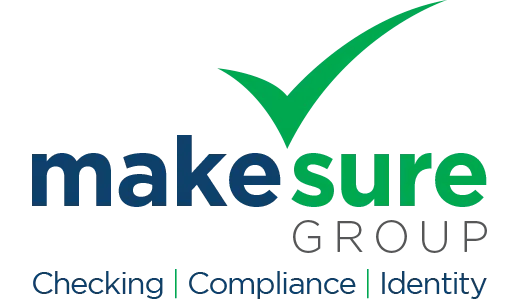CONTACT IDCARE

New Zealand - Individuals
0800 121 068
AKL: 09 884 4440
Business Hours
Mon - Fri: 9am to 9pm NZST
(note standard time not daylight time)
New Zealand - Small business and Organisations
0800 121 070
AKL: 09 884 4440
Business Hours
Mon - Fri: 10am to 8pm NZST
(Note standard time not daylight time)
PNG and Fiji - Individuals
PNG: 000885239
Fiji: 008002698
PNG and Fiji - Small business and Organisations
PNG: 000885240
Fiji: 008002699
Newsletter
Email: [email protected]
Sign up to receive our newsletter
Media Enquiries
Email: [email protected]
Report Phishing
Email: [email protected]
* Be advised that [email protected] is not a contact avenue to our case management services. If you are an individual who requires support please use our Get Help Form.
Join the global list of organisations making a real difference in people’s lives by supporting our service.






















































Copyright © 2025, IDCARE. All Rights Reserved.
ABN 84 164 038 966








